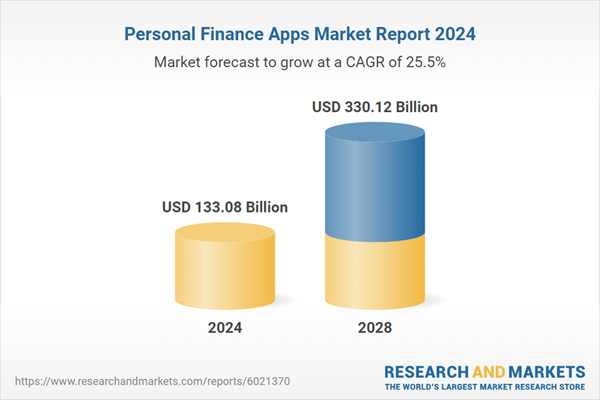The global market for personal finance apps is set to skyrocket, with projections indicating it could surpass $330 billion by 2028. Fueled by increasing demand for financial independence, digital convenience, and tech-savvy tools, personal finance apps have evolved into essential tools for millions worldwide. Key players like Intuit, Venmo, Acorns, Expensify, and Albert are leading the market with diverse offerings that simplify budgeting, saving, and investing. Here’s what’s driving this explosive growth and why it matters.

Why the Personal Finance App Market is Booming
1. Increased Focus on Financial Health The ongoing economic fluctuations have made personal finance management a top priority for many. Consumers are more financially conscious than ever, prioritizing saving, budgeting, and investment tools to ensure long-term stability. Apps that enable people to monitor expenses, track budgets, and set savings goals are in high demand.
2. Rise of Digital-First Solutions Mobile apps have rapidly become the preferred method for managing finances due to their convenience, accessibility, and real-time capabilities. Digital-first services are a natural fit for the evolving lifestyle of modern consumers who prefer on-the-go access to their financial data. Personal finance apps have expanded their functionalities, offering not just budgeting tools but also access to investing and debt management solutions.
3. AI and Data-Driven Personalization Advanced AI capabilities are transforming personal finance apps, making them more intuitive and personalized than ever. Apps now offer features like spending analysis, automatic savings suggestions, and customized investment advice, based on individual spending patterns and goals. This level of personalization enhances user experience and increases engagement, positioning these apps as trusted financial companions.
4. Enhanced Security and Data Privacy With greater digital integration comes heightened concern for security. Leading apps now employ top-notch encryption, multi-factor authentication, and other security protocols to protect user data, fostering trust in these platforms. Many companies are also transparent about how they handle data, an essential factor for users increasingly wary of online privacy.
5. Gamification and User Engagement Many apps are incorporating gamification elements, such as reward systems, milestones, and interactive tracking tools, to make managing finances more engaging and even fun. Gamification encourages consistent use, helping users achieve financial goals more effectively. Features like “round-up savings” on purchases, virtual badges, and progress trackers add an enjoyable dimension to financial management.
6. Inclusion of Investment and Wealth-Building Tools Apps like Acorns and Albert cater to users looking beyond basic budgeting by offering accessible investment tools. They enable users to invest spare change, get low-cost portfolio management, and receive insights on potential investment options, making wealth-building accessible to a broader audience.
Key Players Leading the Market
Major players in this booming industry include:
Intuit: Known for products like Mint and TurboTax, Intuit provides comprehensive budgeting, tax, and financial planning services.
Venmo: Beyond peer-to-peer payments, Venmo offers tools for tracking spending, making it a popular choice among younger users.
Acorns: Offers automated investing by rounding up everyday purchases and investing the difference.
Expensify: Primarily focused on expense management, Expensify has a loyal user base among businesses and freelancers.
Albert: Known for its “Genius” feature, Albert offers financial insights and budgeting advice that adapt to users’ spending habits.
Future Prospects and What It Means for Consumers
As the personal finance app market expands, users can expect even more sophisticated tools that provide comprehensive financial insights at their fingertips. From managing budgets and tracking subscriptions to investing and tax planning, these apps are likely to become indispensable.
With competition heating up, users will benefit from innovative features, improved user interfaces, and better security protocols. This trend aligns with broader digital finance innovations, including blockchain and cryptocurrency management, potentially paving the way for apps to integrate with emerging financial services.
For those looking to get their finances under control, now is the time to explore the options available. The growing market means a wide array of choices for every financial need—whether you’re just starting to save, want to automate your investments, or need to simplify your tax filing.
By investing in personal finance management, consumers are investing in their financial future—a trend that appears to only grow stronger as digital solutions evolve.
With this growing market, personal finance apps are transforming from simple tools into full-featured financial platforms, empowering users to take control of their financial journeys.
For more updates and insights on personal finance trends, stay tuned to SnoopiBoard!
Subscribe to our email newsletter to get the latest posts delivered right to your email.

Comments